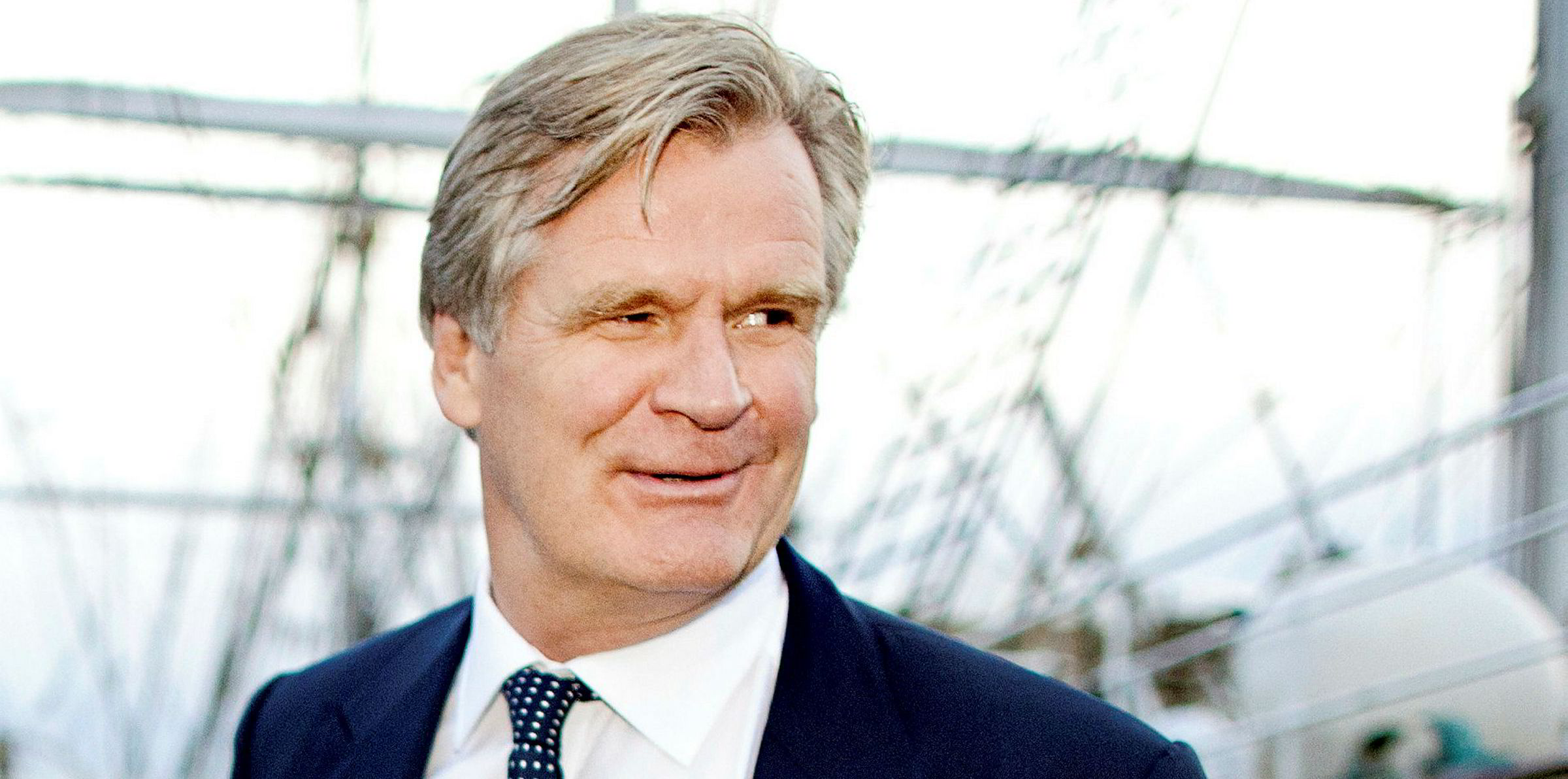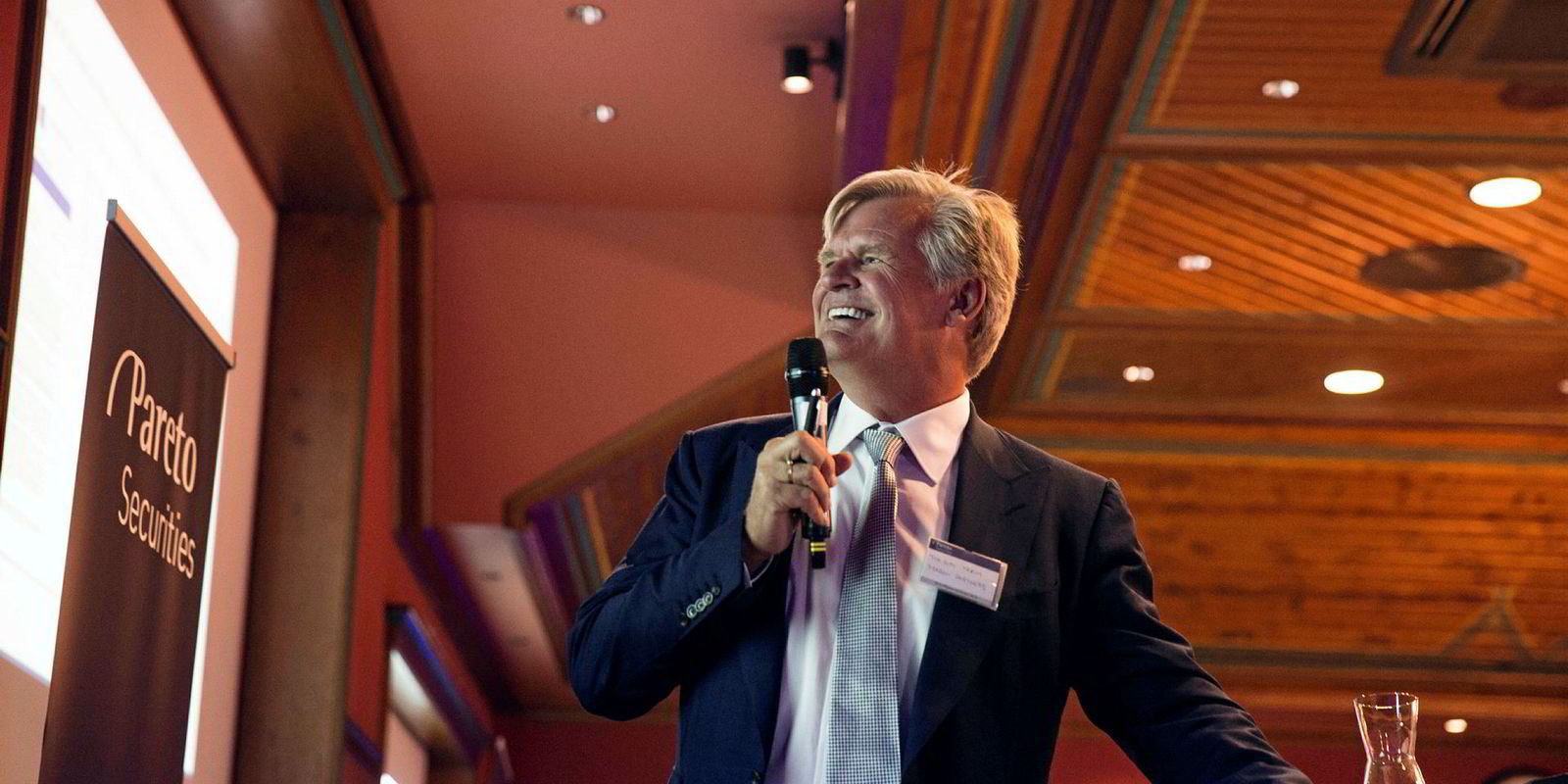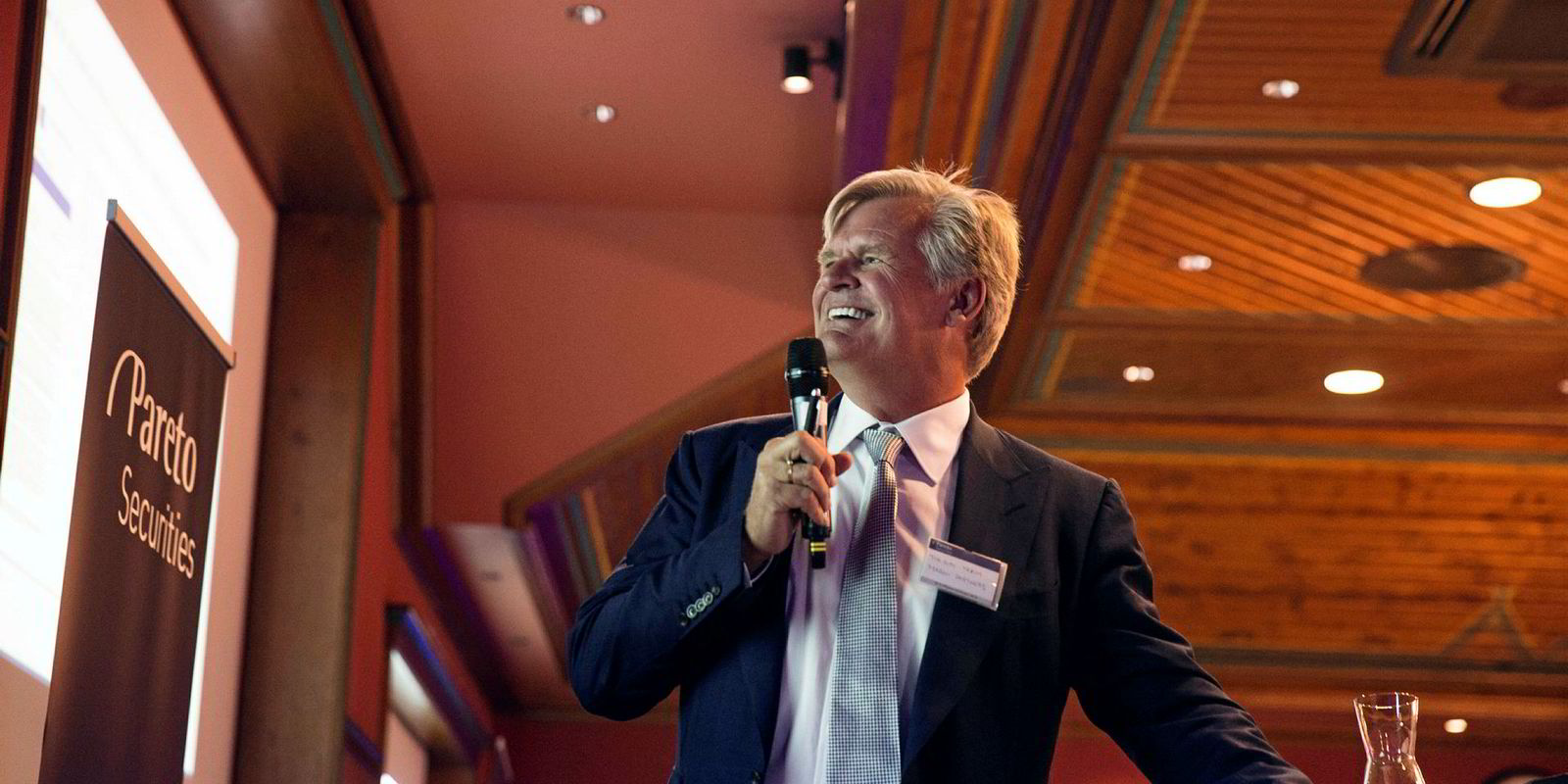Borr Drilling may have trouble paying for the rigs it acquired from Singapore shipyards within the agreed timeframe of five years, a local investment house has warned.
It has been over a year since the Tor Olav Troim-led company bought 19 jack-up rigs from Keppel Corp and Sembcorp Marine for close to $2.9bn.
The total amount due to the shipyards, which includes repayment of delivery financing, back-end financing fees and deferred payments, is about $1.2bn.
Borr’s ability to repay the outstanding amounts due to Singapore shipyards hinges on the thesis that shallow water drilling activity will return very strongly, prompting rates to rise rapidly, says Singapore’s UOB Kay Hian.
“While activity is picking up, data from HIS Petrodata suggests that it might not be at the rate that Borr envisioned.
“Despite total utilisation rising from 57% in December 2016 to 66% in November 2018, dayrates have risen at a far slower pace, from about $50,000 per day two years ago to a current average of $45,000-83,000/day.”
UOB Kay Hian says that assuming a day-rate of $90,000 per day, Borr is generating $9m of free cash flow per working rig per year.
“This implies that Borr will take close to 10 years to recoup the principal outstanding of $84m, double the five-year term that shipyards like Sembcorp Marine have extended for delivery financing,” it said.
“Based on our estimates, the rigs have to be put out to work at rates of $120,000 per day at the minimum to generate sufficient cash flow to repay its financing on time.”
The longer-than-expected time frame would be of a lesser concern, if not for the fact that only three out of the 10 rigs that Borr has taken delivery thus far from the Singapore shipyards have been mobilised for work. The rest remain warm-stacked, said UOB Kay Hian.
“While there is still time to play catch-up, the situation may become an issue over the longer term if activity does not pick up fast,” it added.
In the worst case scenario where day-rates and activity do not pick up as fast as expected, Borr will likely have to seek liquidity to finance the delivery payments as they come due, starting 2022.
UOB Kay Hian said this will either have to come via additional debt financing or further issuance of shares.
“Given that share price has fallen substantially over the year, any further share issuances will likely be dilutive,” it warned.
“Given the quantum due is over $1b, it may be difficult to raise those monies, raising the spectre of balance sheet issues and stranded rig assets all over again for the yards.”






